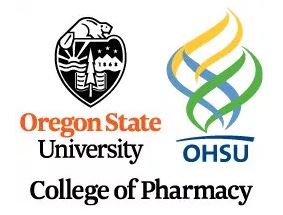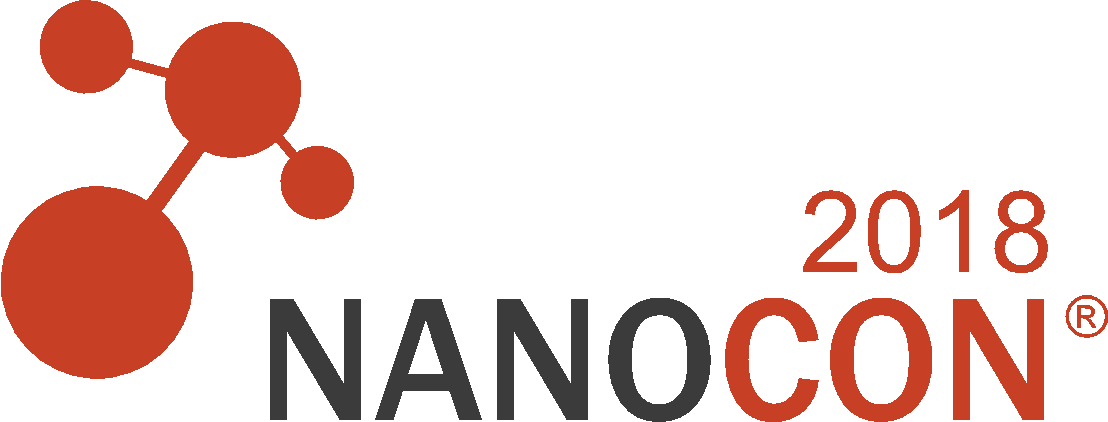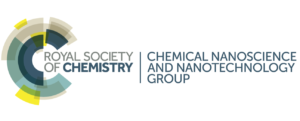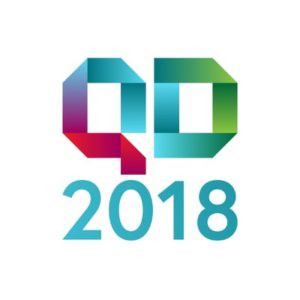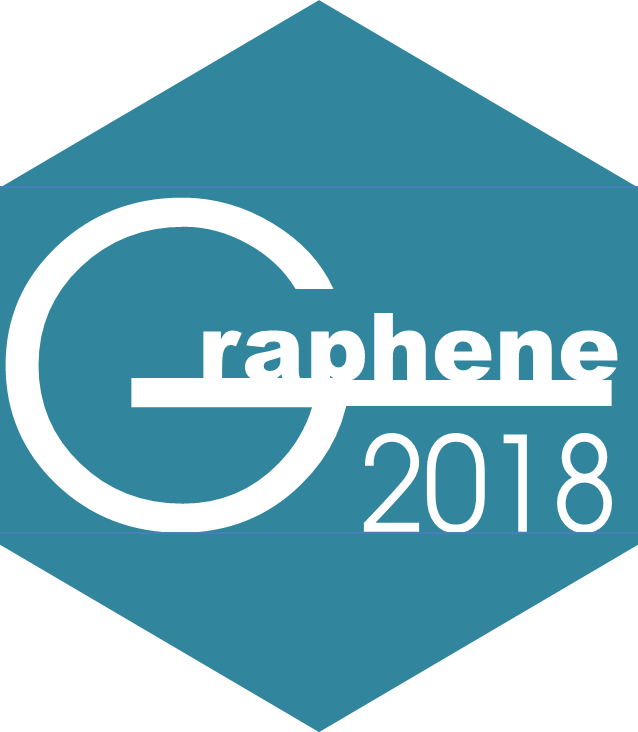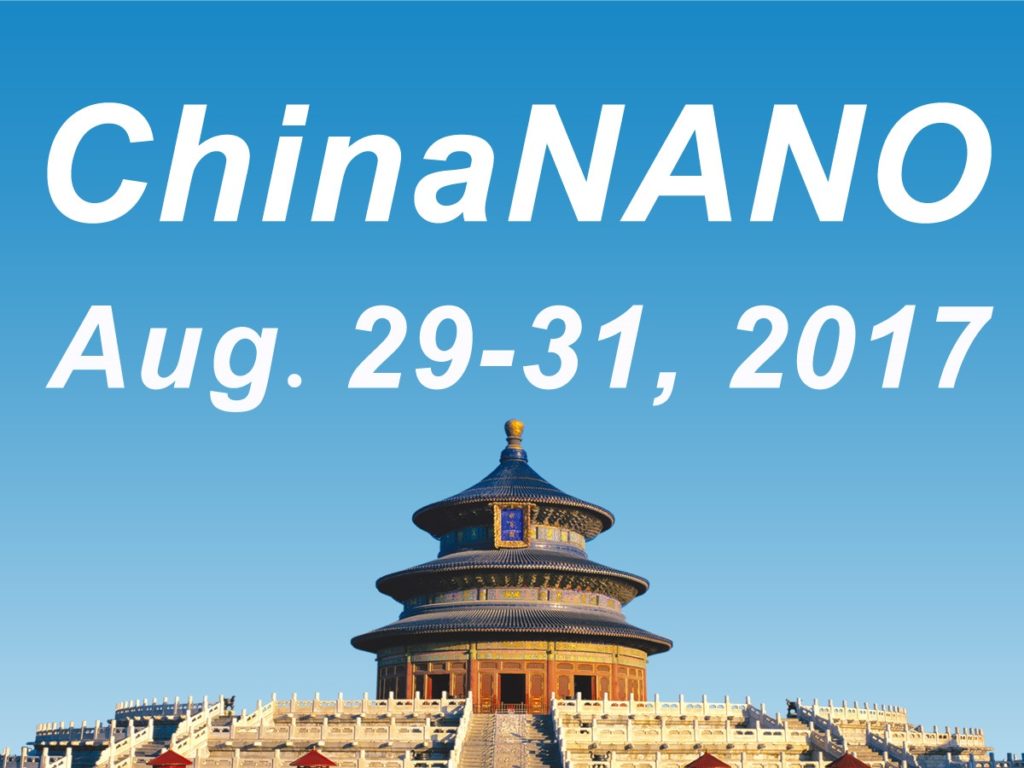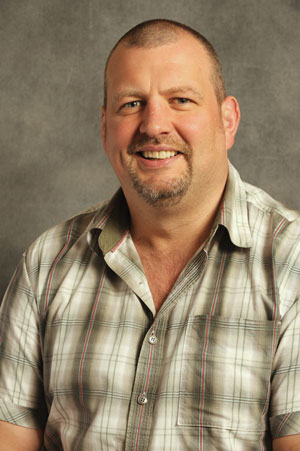
Duncan Graham, University of Strathclyde
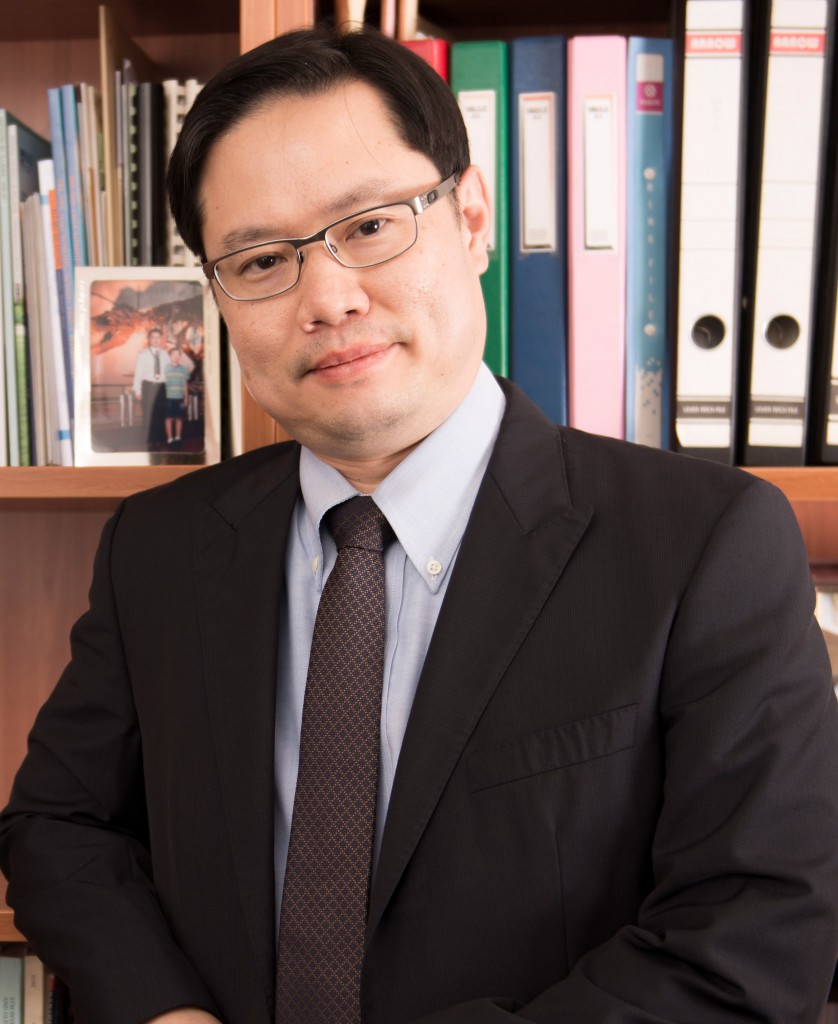
Kian Ping Loh, National University of Singapore
As human demand on earth’s limited resources continues to grow and evolve, global challenges are emerging that require solutions to sustain the quality of life and improve communities where socio-economic disparities remain. The chemical sciences, and in particular advanced nanomaterials, can play a leading role in providing solutions to some of these global challenges. Top of the list in terms of the most pressing global challenges is the change in our environment. For instance, the quality of air that we breathe is being affected by industrialization and other human activities. Can more efficient chemical processes be devised to reduce the release of pollutants into the atmosphere? Or can new materials be produced which sequester and maintain the quality of the air which we are used to breathing?
Climate change has been discussed since the 1830s and it is clear that human activities are having a highly detrimental effect on our climate. Can nanoscience provide solutions to reduce the rising temperatures experienced globally? Can chemistry have a role in understanding some of the mechanisms that are resulting in climate change and as a result provide effective mediation measures?
Water is the major component of the surface of our planet – however an alarmingly large number of countries struggle to have access to this most basic necessity for drinking, agriculture and sanitation. Can chemistry and advanced nanomaterials provide solutions to new desalination processes? Or be used to harness solar energy to provide sanitation in remote parts of the globe?
In addition to our environmental concerns, the human population is increasing in some parts of the world which results in a greater demand for food, energy and agricultural lands; this all contributes to increasing food prices. Can we find chemical solutions to enhance the ability to feed our growing population and can these be effective solutions in the areas that need it most?
With a rapidly aging population in many developed countries, health is also a concern across the globe. People are living longer – health monitoring and diagnostics create the need for wearable, portable sensors. With the boundaries between countries becoming increasingly transparent, infectious diseases, caused by rapidly mutating biological agents, are potentially worrying. Anti-microbial resistance features prominently in the national research agenda of many countries. Drug discovery is taking longer and costing more than it should. Can chemistry, and in particular advanced nanomaterials, play a role in addressing some of these health challenges which are common to all countries across the globe? Can we produce new materials for sensing, diagnosis of disease or produce a therapeutic effect using different mechanisms to traditional small molecule drugs?
Finally, all of the earth’s activities require energy and we have to move towards a sustainable energy future. Can chemistry play a role in providing new materials which can harvest solar energy efficiently? Furthermore, can we safely harness the potential cleanliness of nuclear fuel? How can bioenergy be used to create a sustainable future based on renewables? These global challenges affect everyone on the planet and unless steps are taken now, with a strong scientific basis for the solutions, the future health and wellbeing of the global civilisation is at risk.
(more…)
 The 2018 Nanomedicine and Drug Delivery Symposium will be hosted in Portland, Oregon. The objectives of this symposium are to highlight new groundbreaking discoveries and developments in nanomedicine and drug delivery. Revolutionary advances in this area require collaboration amongst researchers working in a diverse array of fields including nanotechnology, materials science, imaging, cell biology, tissue engineering, gene editing, drug and gene delivery as well as clinical research.
The 2018 Nanomedicine and Drug Delivery Symposium will be hosted in Portland, Oregon. The objectives of this symposium are to highlight new groundbreaking discoveries and developments in nanomedicine and drug delivery. Revolutionary advances in this area require collaboration amongst researchers working in a diverse array of fields including nanotechnology, materials science, imaging, cell biology, tissue engineering, gene editing, drug and gene delivery as well as clinical research.

